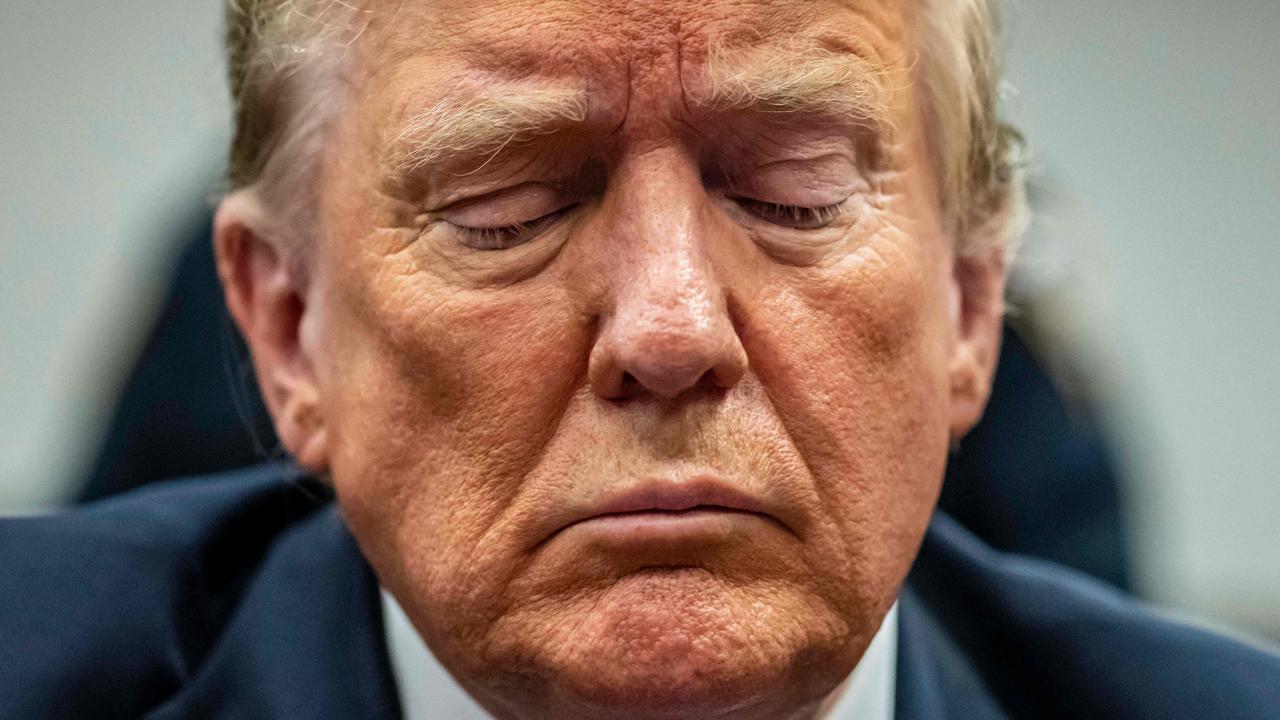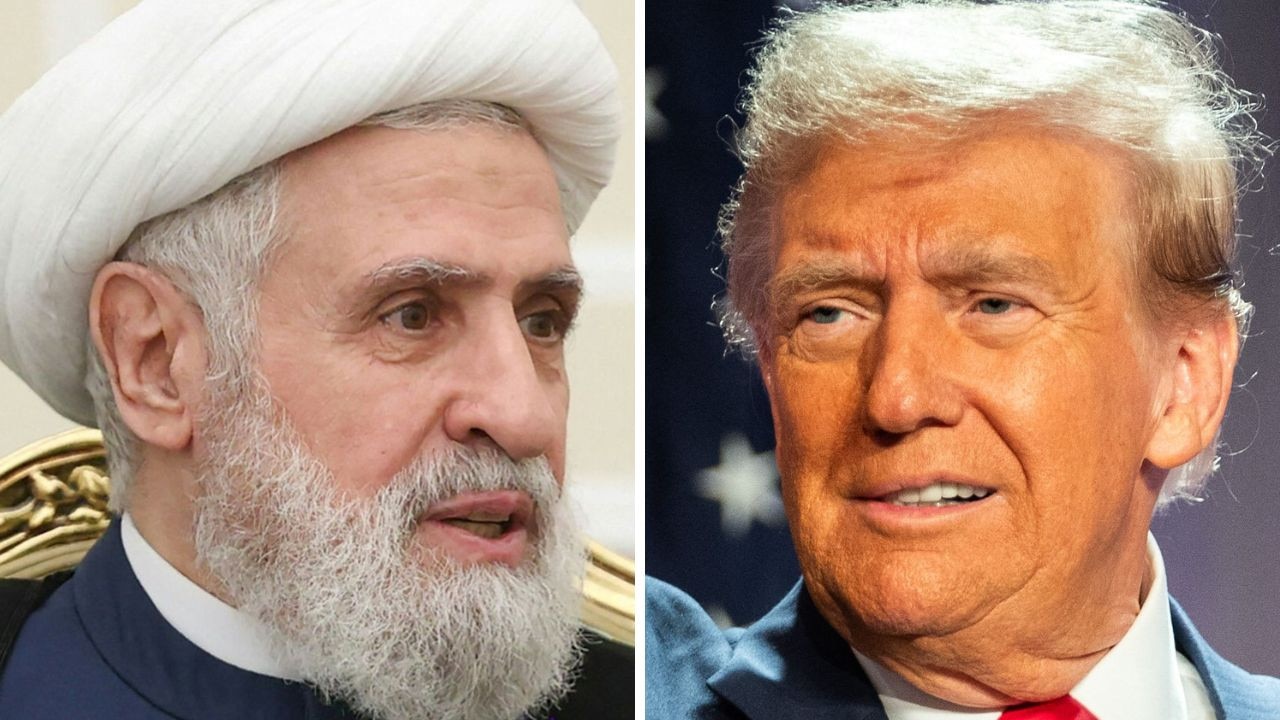‘It is just gross’: America’s morally difficult debate about DEI measures kicks off after Donald Trump’s crackdown
One of Donald Trump’s first actions, after becoming President again, has kicked off a deeply uncomfortable debate.
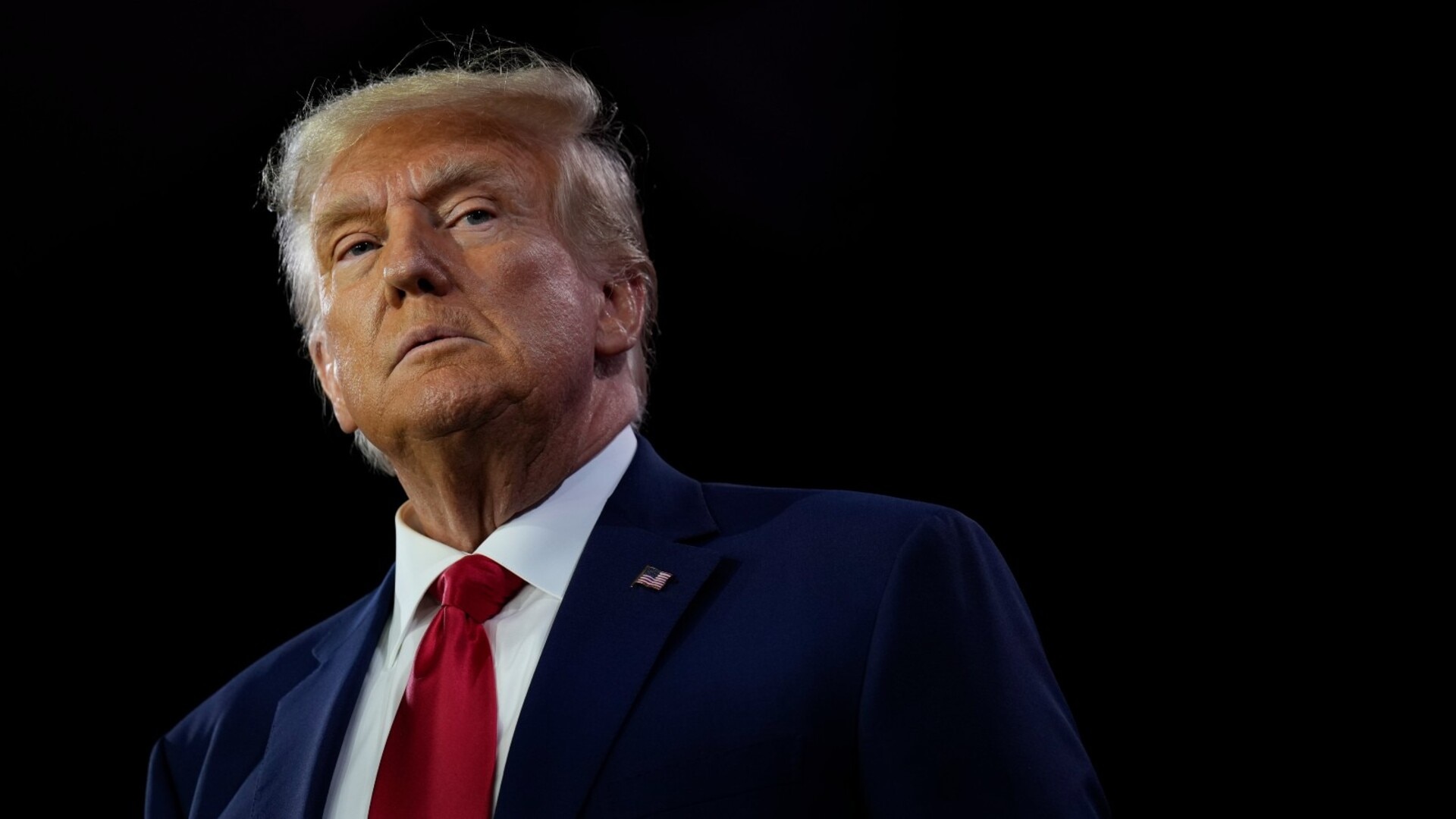
ANALYSIS
One of Donald Trump’s early actions, upon becoming US President again, was to issue a sweeping executive order aimed at dismantling all examples of DEI policy in his country’s federal government.
The acronym, which stands for “diversity, equity and inclusion”, has been floating around since the 1960s, when ideas like affirmative action and workplace diversity training started to be adopted in corporate America.
A decades-old term, then. But only recently has it exploded into popular use, particularly on the American political right, becoming near-ubiquitous and, of course, deeply pejorative.
Naturally, it’s now popping up more and more in our own discourse too, partly thanks to the herding effects of social media and partly because we quite like to imitate the Americans.
Chuck on an evening news panel show, in 2025’s Australia, and your chances of hearing someone rail against the evils of DE-AYYYE are already high.
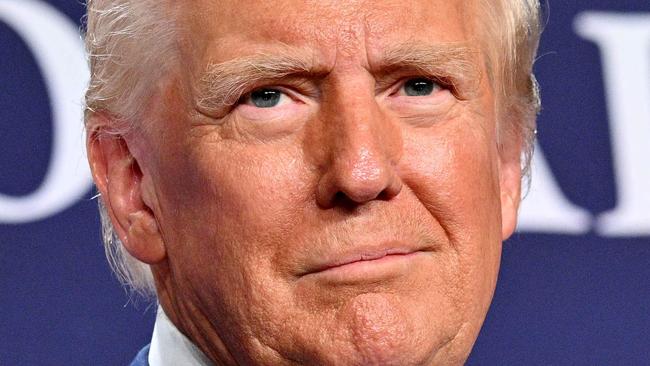
MORE:‘Hate’: Ivanka lifts lid on leaving Donald Trump
It fits neatly into the same category as “wokeness” or “political correctness” as a sort of shorthand for all the cultural damage wrought by progressivism gone mad. But as a cudgel to be wielded, it arguably works even better.
The difference is that, in this case, there’s actually some substance. The word “woke” can mean pretty much whatever you want, which is phenomenal if you’re a radio host looking for something conveniently easy to rant about. Less so if you’re a newly inaugurated president looking for something to do.
DEI, on the other hand, is something with a solid definition. You can point to examples of it in operation, and of its excesses. And if you’re Donald Trump, you can make concrete policy changes to fight back against it.
There’s the added benefit, here, that Mr Trump actually has the authority to do something about DEI, at least in the US federal government, which is more than can be said for some of his other early announcements.
This isn’t one of those classic presidential orders that looks all official and important during a photo op, but won’t have any practical effect. This one has real consequences.
(The above isn’t just a dig at Mr Trump, incidentally. All presidents sign essentially meaningless orders. For example: before he left office, Joe Biden declared there was a new amendment to the US Constitution. There was not!)
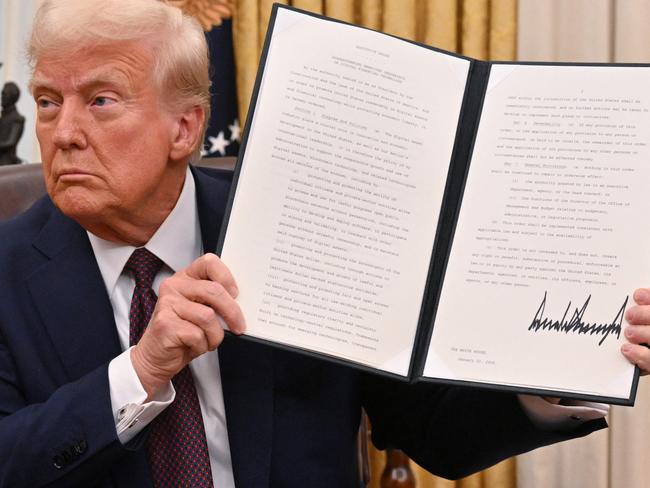
“The Biden Administration forced illegal and immoral discrimination programs, going by the name ‘diversity, equity, and inclusion’, into virtually all aspects of the federal government, in areas ranging from airline safety to the military,” reads the text of the order Mr Trump issued last week (a similar one, specific to the military, followed this week).
“This was a concerted effort stemming from President Biden’s first day in office, when he issued Executive Order 13985, titled ‘Advancing Racial Equity and Support for Underserved Communities Through the Federal Government’.
“Nearly every federal agency and entity submitted ‘Equity Action Plans’ to detail the ways that they have furthered DEI’s infiltration of the federal government. The public release of these plans demonstrated immense public waste and shameful discrimination.
“That ends today. Americans deserve a government committed to serving every person with equal dignity and respect.”
It went on to describe measures Mr Trump was requiring from departments, including “the termination of all discriminatory programs, including illegal DEI mandates, policies, programs, preferences and activities in the federal government, under whatever name they appear”.
Some others: government employment practices, union contracts, training programs and performance review practices will be revised to remove any influence from DEI. The head of each agency has 60 days to implement these (and some other) instructions.
Legally, this is all probably fine; it falls within Mr Trump’s powers as head of the federal government. What to make of it on the merits?
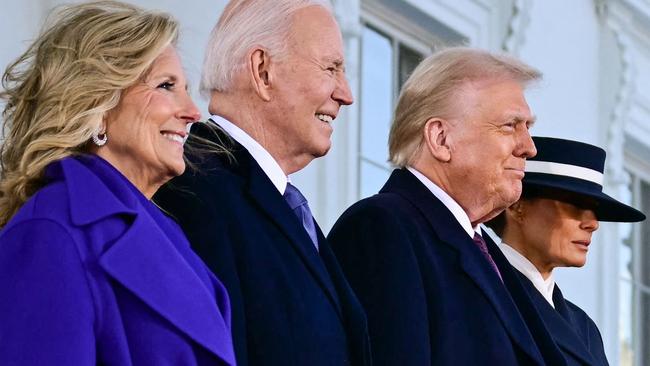
The quiet little centrist voice inside your head, the one so often drowned out, says this: Mr Trump is pursuing a perfectly defensible goal. The DEI stuff has, in many cases, gone too far. But he is doing it with the sort of sweeping, blanket, flashy, uncompromising approach that could damage even more than it repairs.
It’s a classic pendulum scenario. America’s progressives swung it too far one way. Instead of returning it to a reasonable, adult position, Mr Trump’s conservatives are now swinging it too far back the other way.
And he’s pretending a tough, complex problem – systemic inequality, rooted in a dark history of discrimination – can be fixed without the solution being at least a little messy.
On the one hand, advocates for DEI programs say they’re important for adding diversity to workplaces, and for giving opportunities to historically under-represented groups, such as racial minorities. Critics say the programs don’t fix discrimination because they are themselves, inescapably, discriminatory.
David French is one of America’s more thoughtful, and ideologically consistent, conservative writers. I should note that he’s never much liked Mr Trump, but I think that has little bearing on the quotes below. You can make your own judgment.
Mr French spoke eloquently about the President’s anti-DEI measures during an appearance on The Bulwark Podcast.
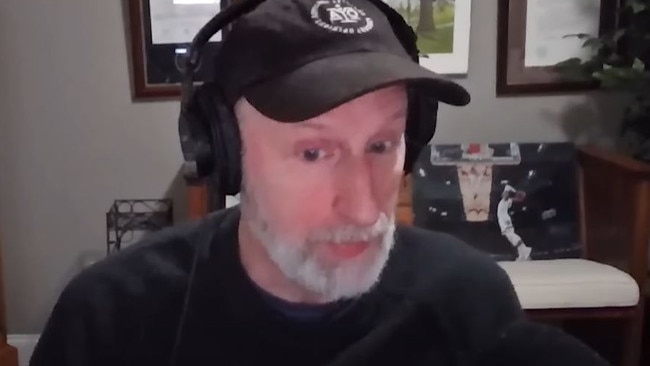
“I have really mixed feelings about this, because there is no question that elements of DEI have been, in higher education and in the government, have been toxic and destructive and unlawful in their own ways,” Mr French said.
“By creating race-based classifications of employees that contradict the Constitution, contradict Supreme Court case law. So there is very little question that you can point to incident after incident in the broader DEI world that is illiberal, that is oppressive, that is discriminatory on the basis of race.
“There are elements of DEI that are absolutely toxic. There is no question. But at the same time, there are elements of DEI that are not only not toxic, but I think important and prudent for a country that is wrestling with centuries of racial discrimination.
“There is a difference between bad diversity efforts, and good and necessary and proper diversity efforts. And what Trump does is he says it’s all bad, and sweeps it out the door, and then initiates on top of that a witch hunt.”
Mr French then brought up something I haven’t mentioned yet, which is the ugly side of the anti-DEI obsession. This is not an issue people tend to approach soberly or all that rationally, and the problem has been getting worse.
“There’s another thing hovering over all this which is just gross. You’ve seen this, I’ve seen this,” he told host Tim Miller.
“If there’s a bunch of white dudes in a room, there’s no DEI. That’s a meritocracy. But any time they see a black public official, an LGBT official, that’s DEI, and it’s not meritocracy.
“That direct, blunt, gross assumption that any person who is in the category of not white, mainly not white and male, is evidence of the failure of meritocracy isn’t just subtly racist. It’s really racist.”
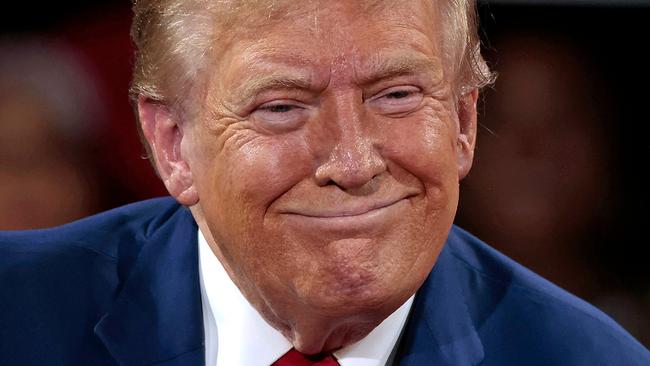
Let me stress: we’re not talking about Mr Trump, at this point. This is more about the charming folks on Twitter who shout the words “DEI HIRE!” the moment they spot someone non-white in a position of authority.
Which sounds so very stupid, and so very juvenile, that you might think I’m making it up. If so, I commend you for clearly spending less time than me among the denizens of the internet. And for your faith in the decency of humanity.
Mr Miller brought up a woman called Lisa Boykin, an obscure worker at an obscure agency, who has been hounded by Republicans this week, including Congressman Dan Crenshaw, after appearing to change her job title from chief diversity officer to senior executive. Presumably in an attempt to save her skin.
“The whole thing (annoys me). The attitude to it. The cruelty. The fact that we’re targeting these officials without any knowledge,” Mr Miller said.
“He doesn’t know Lisa Boykin. He doesn’t know what her job was. Maybe her job was frivolous, I don’t know, there are some frivolous jobs in the government! But there are a lot of frivolous jobs that white guys have in the government.
“This blanket sense that if you’re working on diversity or inclusiveness, that you’re bad. You can be mocked. You can get a pile-on. It’s gross and disgusting.
“Particularly in these law enforcement areas. I’m not for quotas, but there is some advantage to saying, ‘Hey, as the FBI, we should probably be making sure we’re bringing in people from black communities, or from Muslim communities.’ There is some value to that. You can’t just say, across the board, everybody’s fired.”
Mr French said there was “broad agreement” across most of the political spectrum, centre-left to far-right, that “there were problems in the DEI superstructure”.
“I think there’s a lot of agreement on that point. You’re going to get people who voted for Kamala Harris who are going to say that,” he said.
“That is a different thing than saying diversity efforts, period, of any kind, are out. Are done. Their vision of ‘meritocracy’ is really: ‘I see a lot of white faces.’ That is what is happening here. You see it time and time again.
“If a person is coming forward and they’re a police chief, and there’s just been a big shooting, and they’re black, you see all the usual suspects online saying: ‘DEI! Woke!’ But if it’s a white person getting up there, crickets. Silence.
“Because that’s the default, acceptable evidence of meritocracy. It’s not just a little racist, it’s really racist to make those kinds of assumptions.”
What we’re getting at, here, is that there are two levels to the uproar, on the American right, over DEI. There’s the more unsettling, reflexively quite racist one, whose greatest contribution is to get likes on social media.
Then there’s the more reasonable debate. This is the level at which the Trump administration should operate – but, one can hope, with a more subtlety than it has shown so far.
Twitter: @SamClench
Originally published as ‘It is just gross’: America’s morally difficult debate about DEI measures kicks off after Donald Trump’s crackdown


